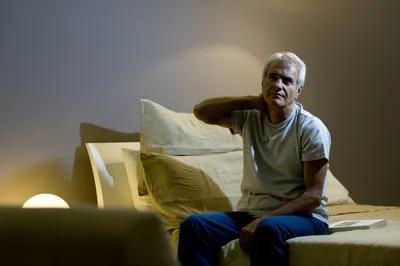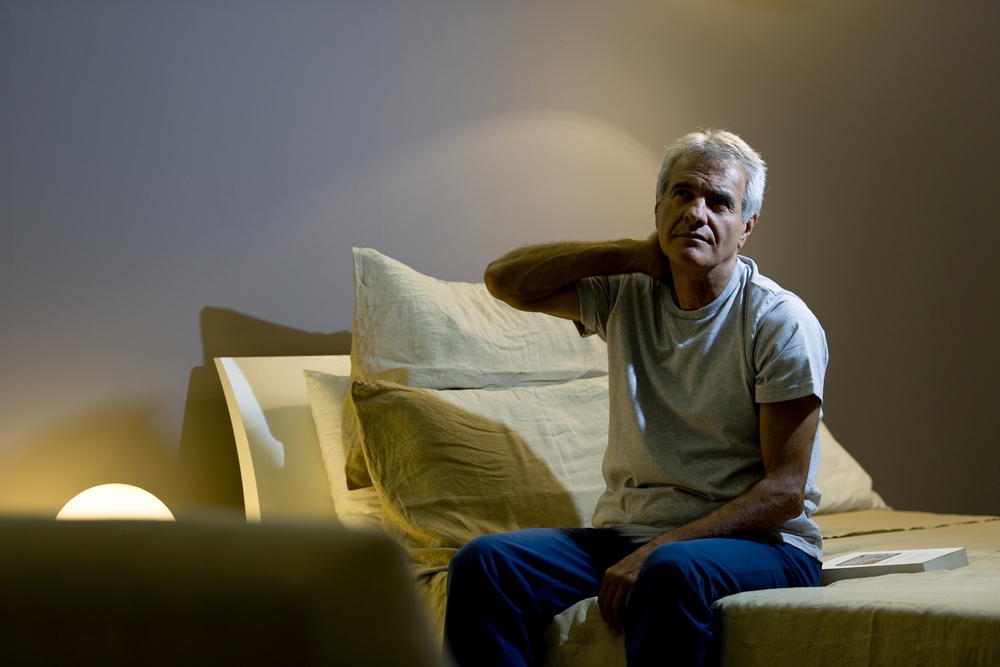
According to researchers at the Beth Israel Deaconess Medical Center based at the University of Toronto, the average person in their seventies gets roughly one hour less sleep each night than someone in their twenties.
To discover why that’s the case, the researchers examined 1,000 elderly people over more than a decade-and-a-half. Those seniors participating in the study were monitored until they passed away, with many agreeing to wear special wristbands that tracked their physical activity. Some of the men and women participating in the study even agreed to allow researchers study their brains following their deaths.
The finding: many seniors, and especially those diagnosed with Alzheimer’s disease, experience a loss of ventrolateral preoptic neurons. These neurons are responsible for maintaining regular sleep patterns. When these neurons are lost, sleep becomes irregular.
In the end, that means elderly people don’t get the sleep they need. “They’re not feeling rested — they’re getting up because they can’t sleep anymore, but they’re still tired during the day,” noted Dr. Clifford Saper, Beth Israel Deaconess’ chairman of neurology. “It’s sort of a chronic insomnia state.”
But the study is providing many physicians with hope. It’s believed the findings, which have now been published in the journal Brain, could help researchers develop medication capable of controlling neuron activity without negatively affecting bodily functions, like balance.



